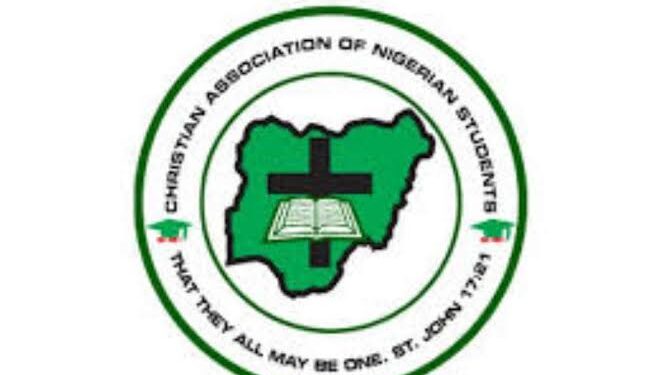The Christian Association of Nigeria (CAN) has issued a stern ultimatum to the governments of Bauchi, Katsina, Kano, and Kebbi states, demanding the immediate reversal of directives mandating a five-week closure of schools in observance of Ramadan.
CAN described the decision as discriminatory and unconstitutional, warning that it would pursue legal action should the orders remain in place.
In a statement released on Sunday in Abuja, CAN President, Archbishop Daniel Okoh, condemned the policy, stressing its detrimental impact on education in the affected states, which already account for 44% of Nigeria’s out-of-school children.
“Education is a fundamental right and the bedrock of progress,” Okoh asserted.
“Closing schools for such an extended period—from nursery to tertiary levels—disrupts academic calendars and undermines the educational advancement of millions of students.”
He further criticized the lack of transparency in the decision-making process, noting that relevant stakeholders, including Christian leaders, educators, and parents, were not consulted.
“Policies affecting a diverse society—Muslims, Christians, and others—must be discussed openly with all stakeholders. The absence of such engagement erodes trust and unity in our pluralistic society,” Okoh stated.
Drawing comparisons to predominantly Muslim nations, the CAN President emphasized that even in deeply Islamic societies like Saudi Arabia and the United Arab Emirates, schools are not completely shut down for Ramadan.
“Globally, even in nations where Islam is central and Ramadan is highly revered, schools are not closed for an entire fasting period. Instead, schedules are adjusted—shortened hours or flexible learning—ensuring a balance between education and religious observance.”
“A five-week closure, as seen in Bauchi, is excessive and lacks precedent in any well-structured educational system,” he added.
CAN reaffirmed its commitment to interfaith harmony but vowed to resist policies that undermine constitutional rights. The association called on Governors Bala Mohammed (Bauchi), Dikko Umar Radda (Katsina), Abba Kabir Yusuf (Kano), and Nasir Idris (Kebbi) to engage in immediate and constructive dialogue with stakeholders.
“Transparency is essential. We expect these governments to act in good faith and engage all affected parties immediately.”
Okoh also warned of potential legal action should the matter remain unresolved.
“The education of our children and the unity of our states are at stake. If these rights continue to be trampled upon and dialogue fails to resolve the issue, CAN is prepared to take legal steps to seek redress.”
The Christian body, however, urged calm and unity among residents of the affected states, emphasizing that faith and progress must coexist.
“Let us unite as Nigerians to forge a society where religious beliefs and educational progress complement each other—where no child’s education is compromised, and every community is valued,” the statement read.

























